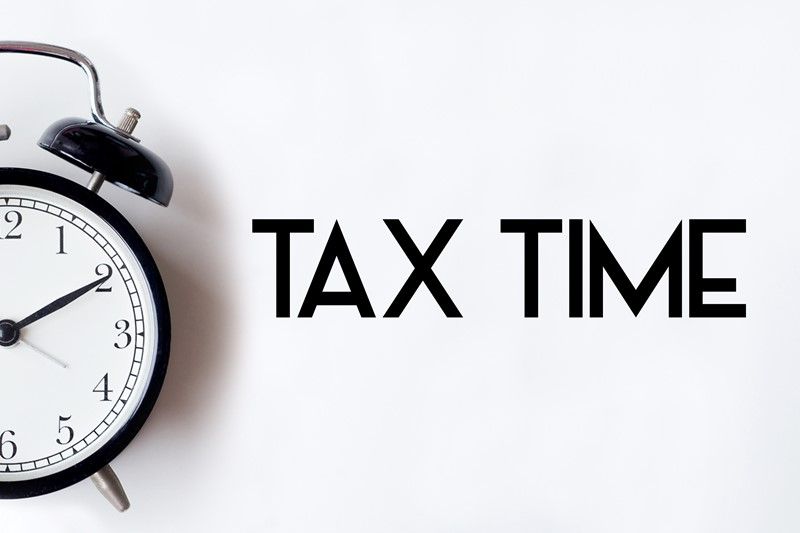Ticket touts’ days are numbered
The UK government has unveiled a series of proposals aimed at curbing exploitative practices in the ticket resale market, seeking to protect consumers from exorbitant prices and enhance transparency in ticket sales.
Key Proposals:
- Capping Resale Prices: The government is considering implementing a cap on ticket resale prices, potentially limiting them to the original face value or allowing a maximum increase of up to 30%. This initiative aims to prevent professional touts from purchasing large quantities of tickets and reselling them at significantly inflated prices, a practice that has frustrated fans and hindered fair access to events.
- Limiting Ticket Quantities for Resale: To further deter large-scale touting, there is a proposal to restrict the number of tickets an individual can list for resale to the maximum number permitted per purchase in the primary market. This measure seeks to prevent organized groups from monopolizing ticket availability and profiting unfairly.
- Enhancing Accountability of Resale Platforms: The government plans to introduce stricter regulations for ticket resale websites and applications, ensuring they provide accurate information regarding ticket prices and availability. This move is intended to increase transparency and protect consumers from misleading practices.
- Stricter Penalties and Licensing Requirements: The proposals include the possibility of imposing tougher fines and establishing a licensing regime for resale platforms that violate ticketing rules. Currently, penalties for such breaches are limited, and the government aims to introduce more stringent consequences to deter malpractice.
These measures are part of a broader effort to address concerns raised by consumers and industry stakeholders about unfair practices in the ticketing market. The Competition and Markets Authority (CMA) has previously highlighted issues such as significant mark-ups on secondary ticket sales, with some tickets being resold for up to six times their original price. Research indicates that such practices cost music fans an estimated £145 million annually.




